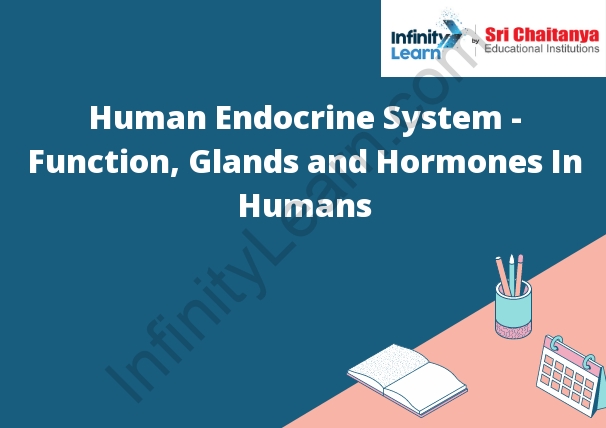Table of Contents
Introduction to Human Endocrine System
The human endocrine system is a collection of glands that produce and secrete hormones. Hormones are chemicals that regulate the body’s activities. The endocrine system is responsible for many important activities, including growth, metabolism, reproduction, and mood.
The endocrine system is divided into two main parts: the hypothalamus and pituitary gland, and the endocrine glands. The hypothalamus and pituitary gland are located in the brain. The endocrine glands are located throughout the body.
The hypothalamus is responsible for controlling the release of hormones from the pituitary gland. The pituitary gland is responsible for controlling the release of hormones from the endocrine glands.
The endocrine glands produce a variety of hormones, including:
– Growth hormone, which stimulates growth
– Adrenocorticotropic hormone (ACTH), which stimulates the production of cortisol, a hormone that helps the body deal with stress
– Thyroid-stimulating hormone (TSH), which stimulates the production of thyroid hormone, which regulates metabolism
– Follicle-stimulating hormone (FSH), which stimulates the production of eggs in females and sperm in males
– Luteinizing hormone (LH), which stimulates the production of testosterone in males and estrogen in females
The endocrine system is important for maintaining the body’s equilibrium, or balance. When the body is healthy, the endocrine system regulates the body

Functions of Human Endocrine System
The endocrine system is a control system of ductless glands that secrete hormones directly into the bloodstream. The endocrine system regulates activities of cells and organs throughout the body. The primary function of the endocrine system is to maintain homeostasis.
Human Endocrine Glands
The human endocrine glands are the pancreas, thyroid, parathyroid, pituitary, adrenal glands, and the gonads (ovaries and testes). Each of these glands secretes a unique hormone that regulates a different aspect of human physiology.
Endocrine System Hormones
Endocrine glands release hormones directly into the bloodstream, which circulates throughout the body. Hormones are chemical messengers that stimulate or regulate the activity of cells or organs. The hypothalamus is a small region of the brain that controls the release of hormones from the pituitary gland, which is located just below the hypothalamus. The pituitary gland controls the release of hormones from other endocrine glands, such as the thyroid gland, adrenal gland, and ovaries.
Disorders of the Endocrine Glands
The endocrine glands are responsible for releasing hormones into the bloodstream. Hormones are chemical messengers that control many important body functions, such as growth and metabolism. Disorders of the endocrine glands can result in a variety of problems, depending on the hormone that is affected.
For example, a disorder of the thyroid gland can lead to problems with energy levels and metabolism. A disorder of the pituitary gland can lead to problems with growth and development. And a disorder of the adrenal gland can lead to problems with stress and energy levels.



